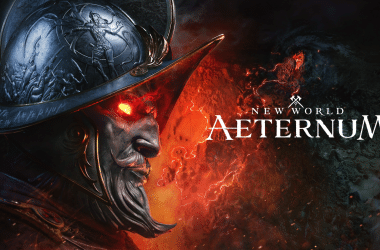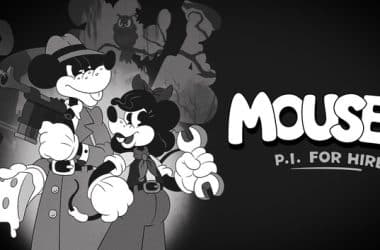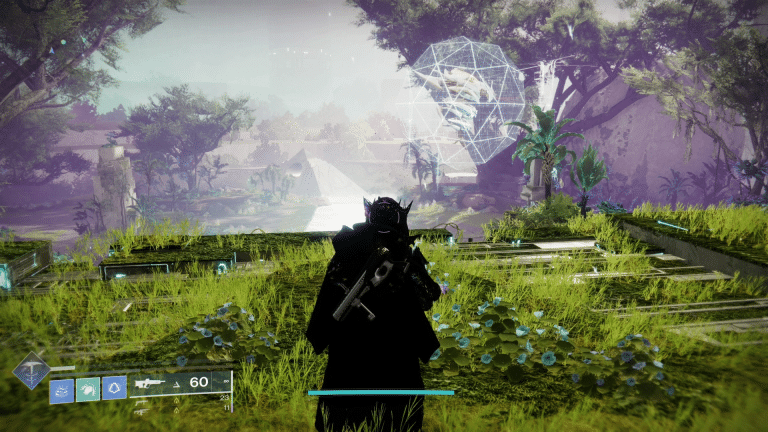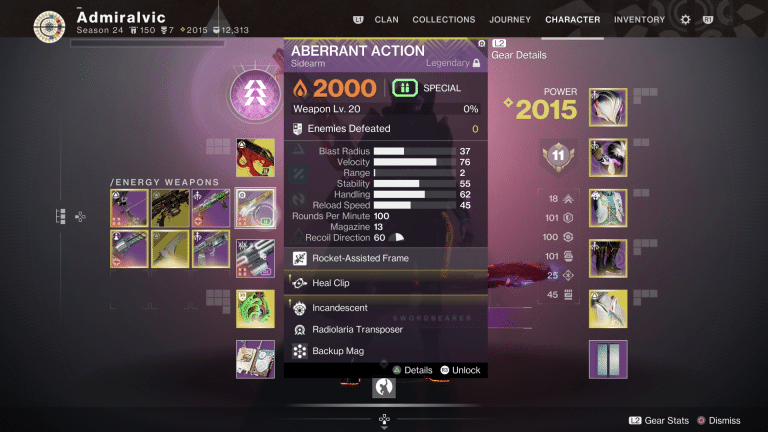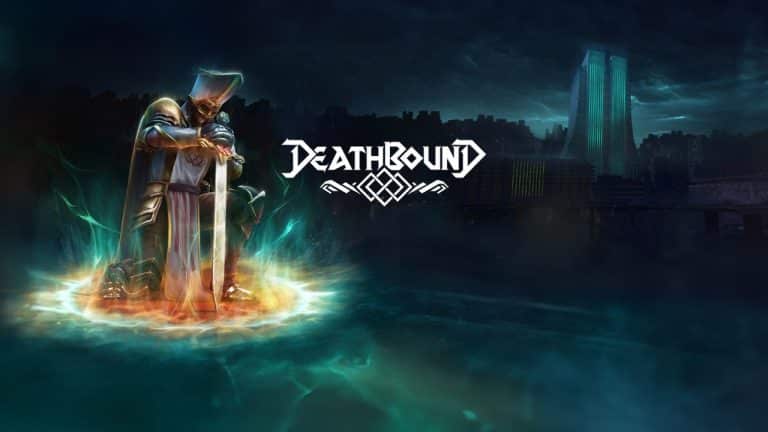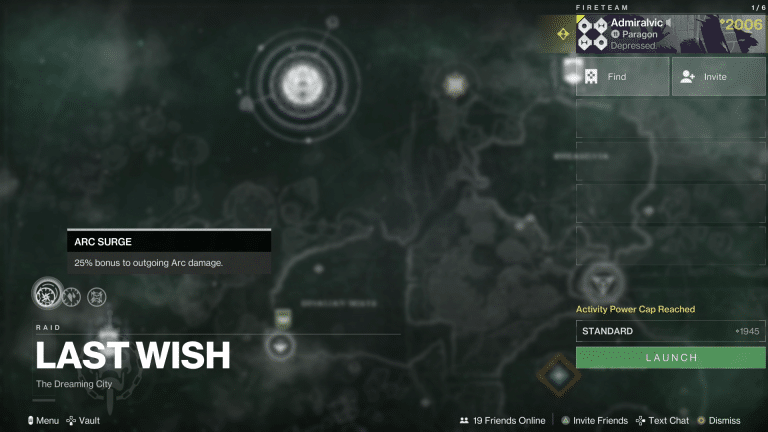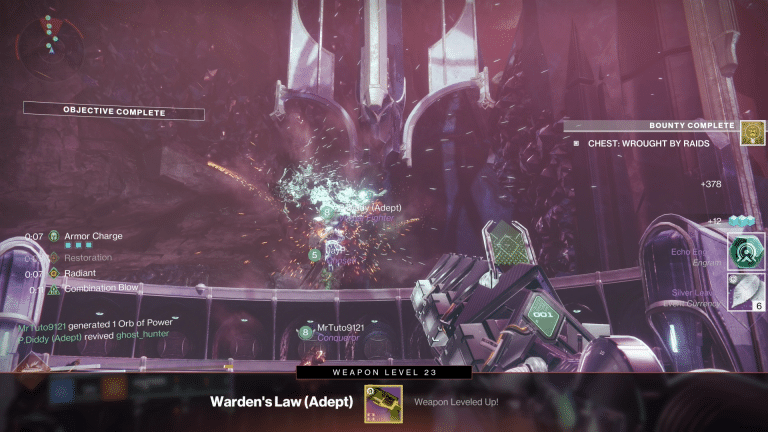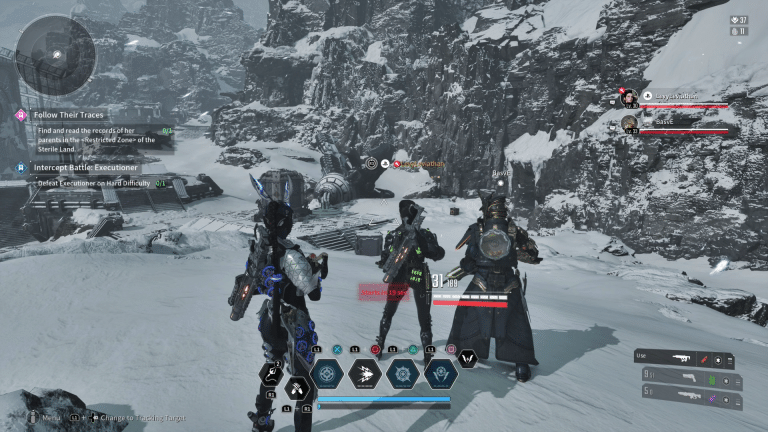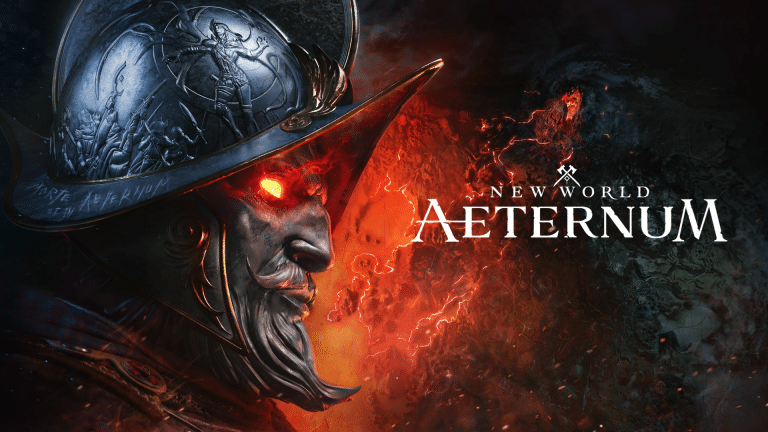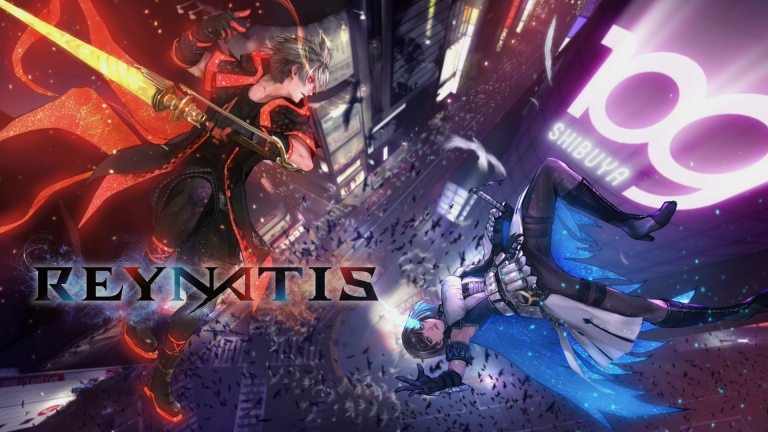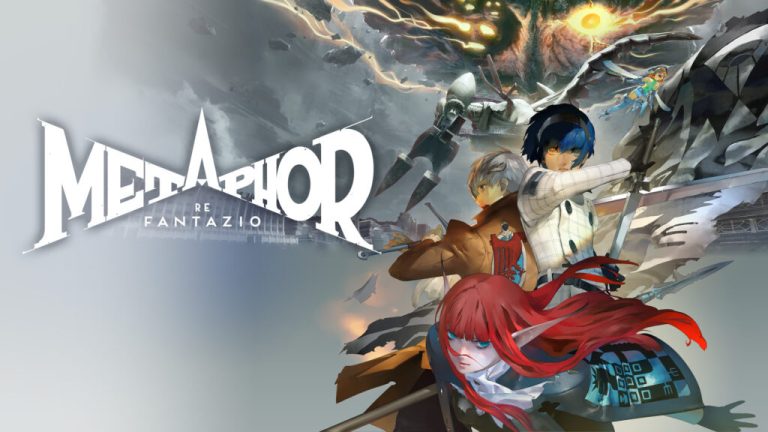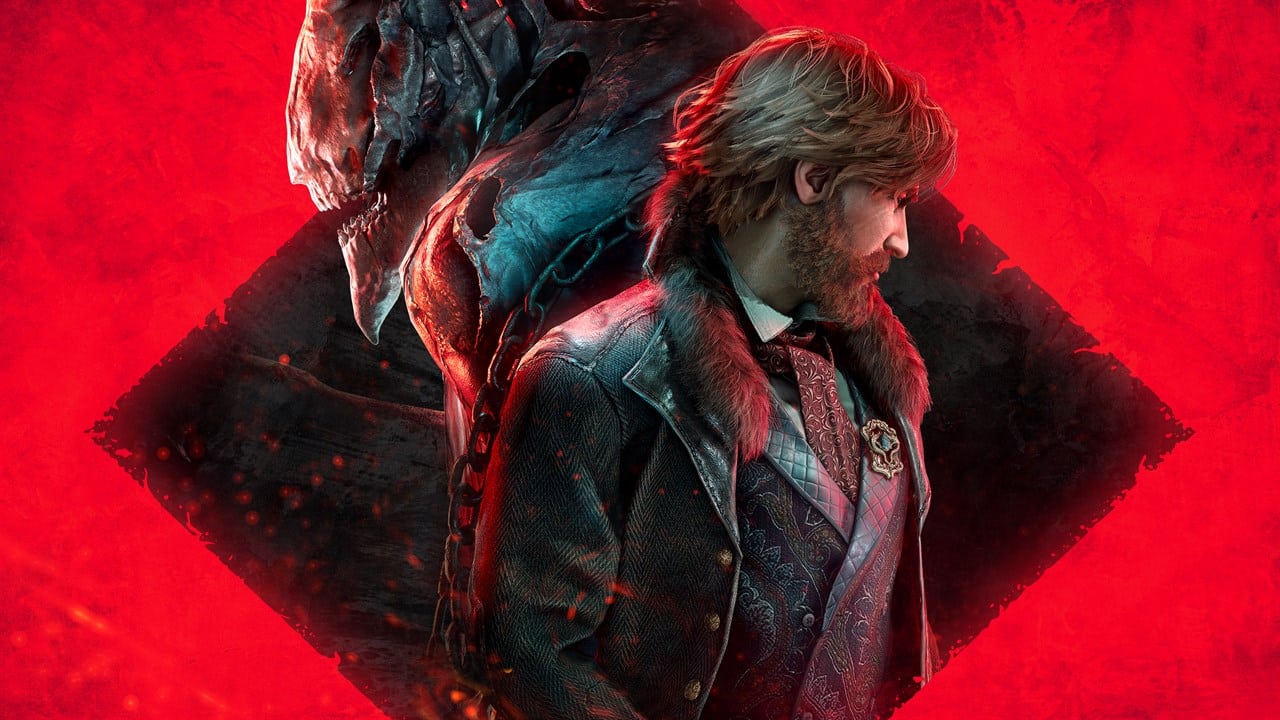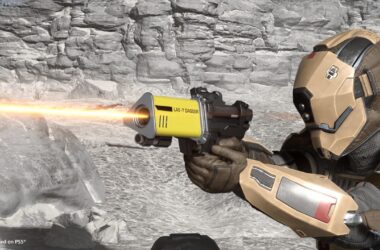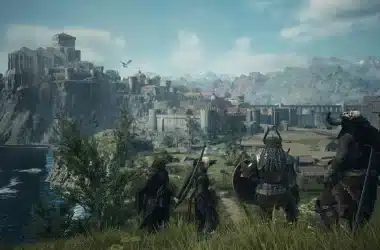The Thaumaturge is one of those exciting titles that offers something unique to stand out from the heavily marketed AAA releases filling out each month. 11 Bit Studios, the developer of This War of Mine and the one tapped to remake the first Witcher game, has crafted a narrative dense isometric RPG that is embedded in a gritty and mystical early 20th century Warsaw on the cusp of revolution. In this alternate history setting exist thaumaturges, uniquely equipped individuals who can perceive and bind ethereal beings called salutors into their service to whatever ends they desire. These dark magicians also have a knack for influence and investigation, making them rather formidable against the common masses.
In The Thaumaturge, players experience the flow of events through Wiktor Szulski, a pride-filled man gifted with thaumaturgy. Wiktor is quite familiar with salutors and all things related to his special skillset. In fact, Wiktor has spent 15 years away refining those skills, a pursuit which nearly cost him his sanity. We pick up with Wiktor as his decade-and-a-half absence is brought to an end due to a family tragedy that demands his return home. Wiktor is quickly thrust into a mashup of familial tension, political strife, criminal intrigue and much more bursting out of the countless mature themes tucked into the game.
More than anything, The Thaumaturge is an engrossing, expansive story-driven journey that elevates virtually every aspect of its 1905 Warsaw recreation, ensuring that each and every design, from the architecture to the salutors, is dripping with exquisite detail. Running around this faithful digital reconstruction of Poland’s capital was, quite simply, one of the most immersive and engaging experiences I’ve had in recent memory. A heavy atmosphere hangs over the explorable environments, which is highlighted early on when watching the local townsfolk in a heated standoff with Russian soldiers.
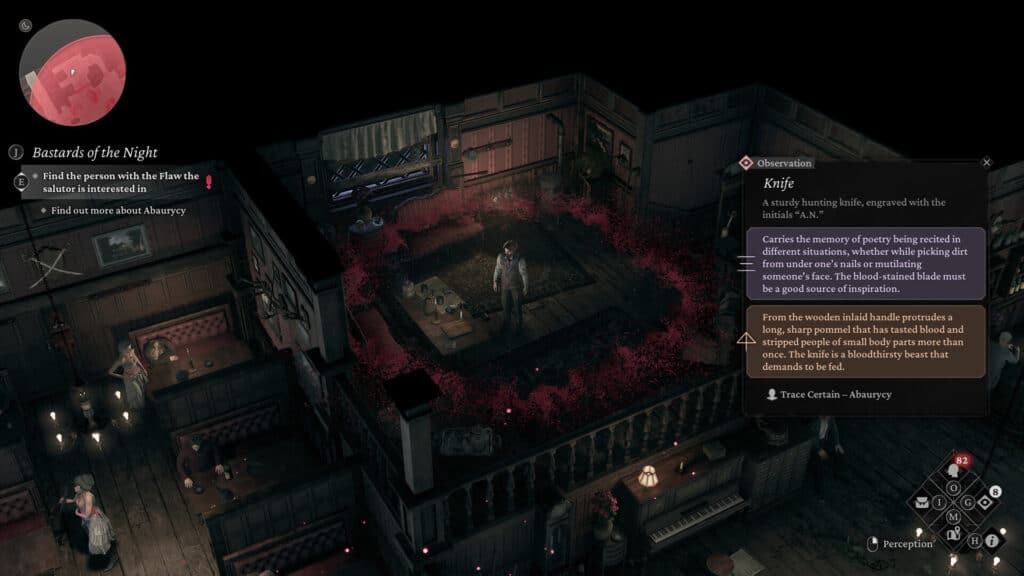
Equal Parts Demon Hunter and Detective
Throughout The Thaumaturge, there are a wide variety of volatile, seedy and/or suspicious situations unfolding before the player and Wiktor will have to decide which events require his intervention, whether for self-serving motivations or more altruistic reasons, and what form that intervention will take — opening up dialogue options via investigative means is as viable an approach as using thaumaturgy to directly influence an individual’s mindset. The world around Wiktor and Wiktor himself are moldable by the player’s choices, leading to different outcomes that all but demand (at least) a second playthrough to see the results of other choices.
Leveraging his skills of thaumaturgy, Wiktor is well suited for sleuthing and combat alike. As a thaumaturge, Wiktor is more keenly aware of components in his surroundings that would otherwise be impossible to detect by normal eyes. Items of interest can be highlighted as the player pulses out a visually-pleasing red-hued aura from their grimoire — this mechanic also acts as a guide, trailing an abundance of red particles in a whispy line to an objective destination. These highlighted items can tell Wiktor much about the cast of diverse characters.
Wiktor’s powers allow him to “see” strong emotions that have been left imprinted on specific objects, enabling players to gain crucial additional context beyond what can be discerned by the naked eye. For example, you might pick up on the fear staining the doorframe of a burned building or the anger emenating from broken pieces of dishware. Gaining insight into the emotions intertwined with Wiktor’s investigative pursuits helps naturally bring the larger picture into focus as players trend towards resolution. As an added bonus, all of that investigation serves up chunks of XP, meaning it’s never a waste of time to go hunting for clues.
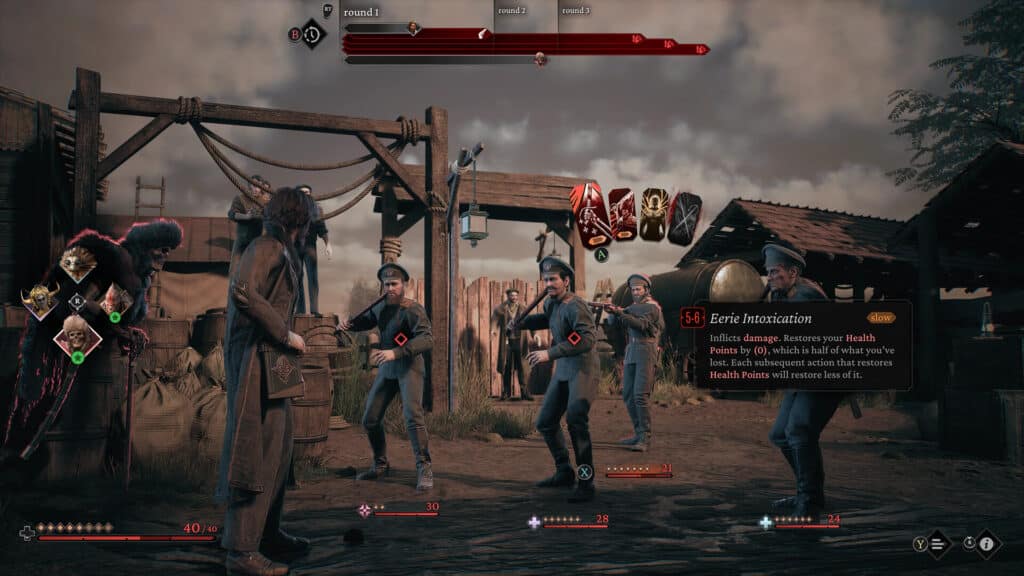
“Exercise” Your Demons
When it comes to combat, Wiktor’s otherworldly perception maintains its invaluable nature alongside more common offensive strategies involving fists and guns. Combat in The Thaumaturge is of the turn-based variety and it carries demands a good deal of tactical assessment and thoughtful execution. Actions play out across rounds and different actions take varying amounts of time to complete. A strong attack may take until the following round to pull off, but it will do more damage than that of a quick attack that can be squeezed into the current round. All of this is layed out at the top of the screen, showing the queue for enemy actions as well as Wiktor’s and his salutors. After a few hours of building up attack types by investing points in the four thaumaturgy skill lines: heart, mind, deed and word. Each skill line aligns with different salutors, offering up new ways to affect the flow of combat (as well as improve insight opportunities in the world).
Mixing and matching salutor attack types is crucial to ensuring success. You could try to simply overpower an enemy with an onslaught of damage-dealing attacks, but you could also play the long game by using actions that diminish an enemy’s focus. When focus is broken, the target enters a breakdown state and becomes vulnerable to even more devastating attacks. Be careful, opponents can break Wiktor’s focus, too. One of my favorite early combos was a focus-deleting salutor action that was modified to also remove all negative effects from the protagonist; it was a great way to keep focus ticking downward while stopping the bleeding a knife-wielding criminal induced in the previous round. The lengthy thaumaturgy skill lines that become available as more XP is gained and salutors captured are captivating avenues into crafting an attack lineup that feels immensely satisfying.
Of course, to remain competent in battle, Wiktor will want to bump up his number of salutors so that he may better synergize his mortal attacks with that of his beastly entourage. That’s because enemies can come packed with game-changing traits. An opponent who is protected from a large percentage of damage received can be a frightening sight. That is, unless Wiktor happens to have a salutor on-hand that is aligned with the counter to that particular trait. Since battles can take place against more than one adversary at a time, it’s not uncommon to find yourself up against a group with multiple traits that need more than one or two salutors to wipe away.
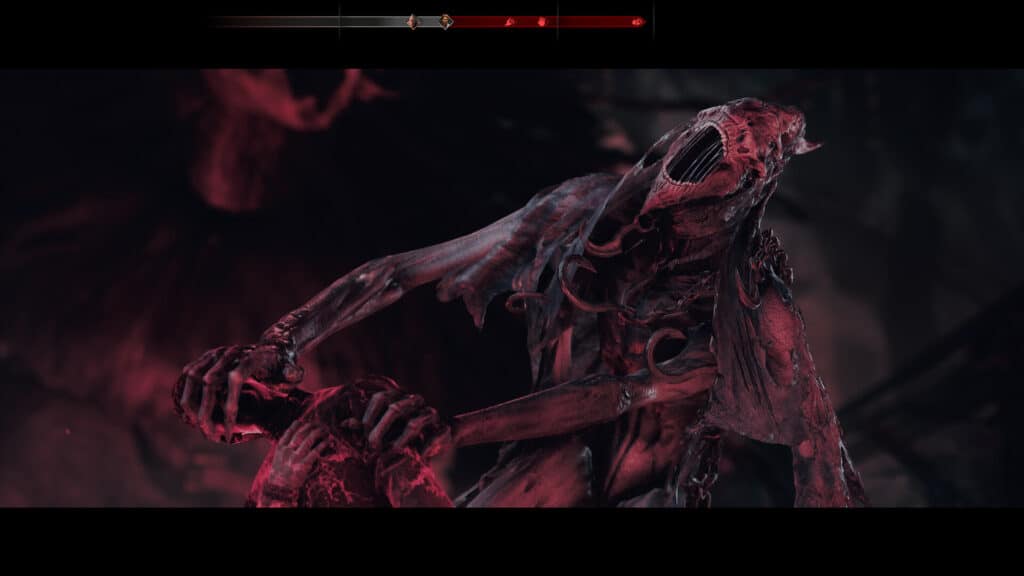
Gotta Catch ‘Em All
Collecting salutors like a demonic Pokemon trainer is a core part of The Thaumaturge and its a devilishly good time. Salutors are drawn to flawed people, amplifying their faults and those of anyone nearby. One salutor in particular had infiltrated a member of society’s upper crust, provoking more aggression than normal in a gossip-swapping gathering of the city’s elite. Hunting these salutors and adding them to Wiktor’s lineup creates a rewarding gameplay loop, especially since designs of the Slavic folklore inspired creatures are an absolute treat to behold.
It’s unfortunate that the same cannot be said of the boss fights that precede the capture of a salutor. These battles play out like the rest with the salutor-bound person (and their allies) as the target of the player’s attacks. The salutor sits in the background, a hulking monstrosity, and sends out intermittent damage or status effects to lightly shake up rounds. Other than the joy borne from seeing the salutor in all of their glory, these battles don’t do enough to stand out from the standard encounters to be truly memorable. Upon emerging successful, Wiktor will need to consult with Gigori Rasputin, one of multiple historical figures that crop up, to aid him in remaining the master of his own mind and gain full access to his new demon pet.
The Thaumaturge is an impressive RPG that is steeped in a mature narrative and a world begging to have its every square inch explored. There’s a mature story at the heart of it all, sprinkled with timely humor to further exemplify its complex and alluring personality. Oh, and the culturally rich music punctuating the adventure is a mesmerizing component of the experience. For all it does right in building out its world, one of the few criticisms that can be leveraged against the game will largely come down to how much reading the player is prepared to do.
The story-driven spirit of The Thaumaturge means you are almost always reading paragraphs on interactive items, gathering both clues for ongoing investigations and perspective on the historical events that transpired pre-WW1. If you’re not prepared to settle in with large stretches of reading item descriptions and exhausting several avenues of dialogue with the populace before getting to the bouts of combat, you may want to look elsewhere for your thrills. But I’d still urge you to break out of your comfort zone and give The Thaumaturge a try anyways, as it is a bewitching RPG about inner demons.
The Thaumaturge: The Thaumaturge is a rich narrative experience that contains a world awaiting the player's influence. Maneuvering through society's upper and lower classes, gaining insight into their specific struggles and desires, as you pursue stunningly-designed salutors makes for a strong impression, even if the regular flow of on-screen text that begs to be read leads to periods of downtime. Even with the slow-burn pacing in mind, The Thaumaturge presents an emotionally engaging, morally grey trip through early 20th century Poland with a dash of mysticism and a heaping spoonful of inquisitive exploration. – Joshua
Editor’s Note: The Thaumaturge was reviewed on PC, and a copy was provided to us for review purposes.


